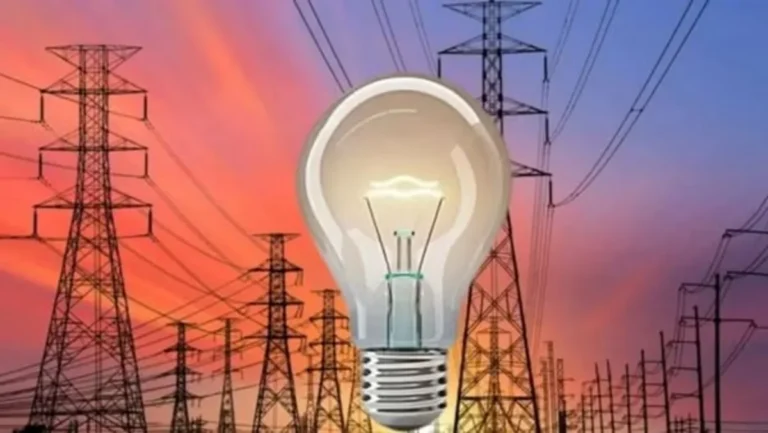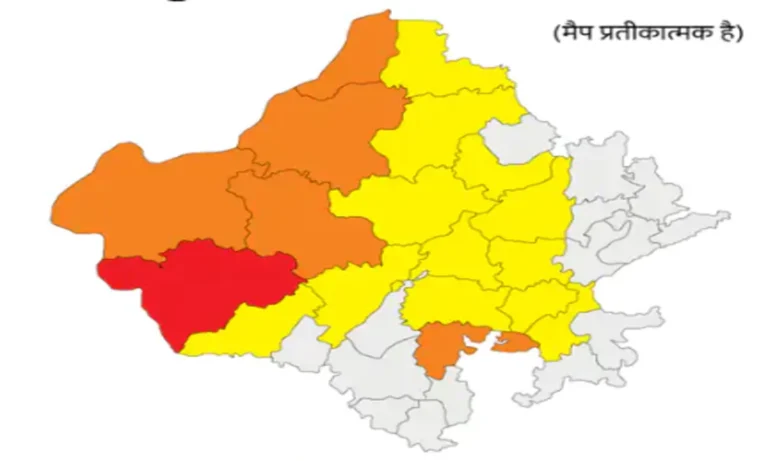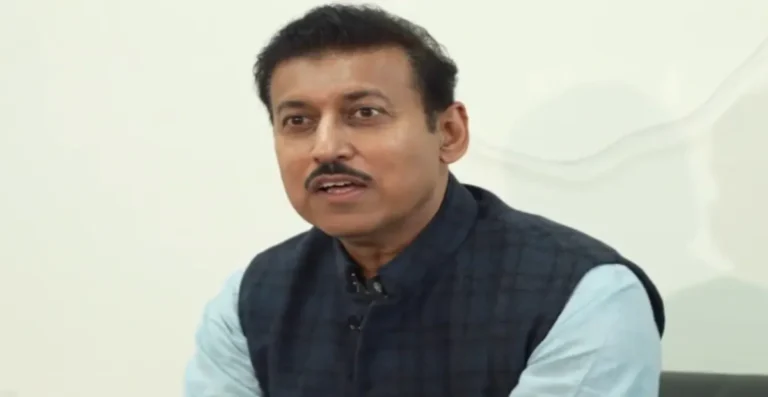Rajasthan May Phase Out Free Electricity, Shift Focus to Solar Subsidies:
Rajasthan may scrap free power up to 100 units to 1 crore consumers, sources say JAIPUR: Rajasthan could stop subsidising power bills of over 1 crore consumers who get free power up to 100 units in the next fiscal, sources said. The state government may do away with the scheme in the upcoming budget of 2025-26 to reduce the mounting burden on state power companies, the sources said. However, it is also exploring ways to make the transition easier for consumers and to promote rooftop solar installations through additional subsidies.
The End of Free Electricity?
Rajasthan’s free electricity scheme has been a boon for millions of households, especially poor families, for years. Under the present scheme, consumers get up to 100 units of electricity free of cost. This lowers the monthly expenditure of more than 1 crore households. But the scheme is being questioned because of the financial burden it entails. By March 2024, Rajasthan’s electricity companies had a deficit of 1. 25 lakh crore. This was aggravated by free and discounted electricity schemes during COVID-19 pandemic under the previous Gehlot government.
The government is looking to phase out free power, which could be announced in the 2025-26 budget. The government will likely face public opposition, but it is looking to phase out the scheme gradually, given the popularity of the scheme and its impact on households. The state is looking at alternatives, such as incentives to install solar energy.
A New Focus on Solar Energy
But instead of free power, the Rajasthan government wants to follow the lead of states like Uttar Pradesh and Haryana, which offer additional subsidies for rooftop solar installations. Under the central government’s PM Surya Ghar Yojana, households get subsidies for installing solar panels. Rajasthan is now considering providing a one-time subsidy of up to 40, 000, along with free electricity of up to 300 units for those who go solar.
But instead of free power, the Rajasthan government wants to follow the lead of states like Uttar Pradesh and Haryana, which offer additional subsidies for rooftop solar installations. Under the central government’s PM Surya Ghar Yojana, households get subsidies for installing solar panels. Rajasthan is now considering providing a one-time subsidy of up to 40, 000, along with free electricity of up to 300 units for those who go solar.
Long-Term Benefits for Consumers
Consumers will win in proposed solar subsidy model: Households installing solar panels could get free electricity of 150 to 300 units a month, depending on their energy consumption, in addition to a one-time state subsidy of 10, 000 to 40, 000, plus the central subsidy. Since solar panels last 25 years, that could mean decades of free electricity for many families.
But the PM Surya Ghar Yojana shows how it can be done: by January 2024, over 8. 46 lakh families in India had benefited, 45% of them paying zero electricity bills. The central government wants to do more. It wants one crore homes with solar panels by 2027. Rajasthan’s subsidies could play a crucial role.
Political and Financial Challenges
The free power scheme has been used by political parties as an election gimmick since long. Delhi, Punjab and other states have also implemented similar schemes, but at the cost of fiscal sustainability. In Rajasthan, the scheme was launched during the Gehlot government, when state power companies were running at huge losses.
Central Minister Prahlad Joshi has also been urging states to steer clear of populist measures. “States should empower consumers with long-term solutions like solar subsidies and not provide free electricity for short-term political gains, ” Joshi said at a meeting of state energy ministers in Jaipur in January 2024. “Solar energy provides 25 years of free electricity, so it is a more viable long-term solution, ” he added.
Who Stands to Gain—and Who Might Lose?
Free power for households helps around 1. 04 crore users But the scheme is not reaching everyone as only those who registered at ‘Inflation Relief Camps’ during the Gehlot government are eligible. New connections and those who could not register then are out. This has created inequalities, with some households getting zero bills while others continue to pay full tariffs.
The new solar subsidies would be more inclusive, benefiting more consumers, but there are concerns about how low-income households who rely on the current scheme will cope with changes. Upfront costs for solar panels could still be a barrier for some families, even with subsidies.
The Impact of Delayed Subsidy Payments
The situation has worsened with the introduction of the free electricity scheme, whereby more than 1 crore consumers get up to 100 units of power free of cost every month. The free power scheme has benefited many households, but has added to the already strained finances of the power sector. By March 2024, the cumulative deficit of Rajasthan’s power companies stood at 1. 25 lakh crore.
The financial woes of Rajasthan’s power companies are not new—they were in the doldrums even before the free electricity scheme. D. P. Chiranaiya, a retired chief engineer of RVPN, says the problem is not inefficiency in the companies but the delay in government subsidy payments. These delays have led to a cash flow crisis and have prevented power companies from paying operational costs and maintaining infrastructure.
A Balancing Act
As Rajasthan makes these changes, the government will have to navigate a tricky path. On the one hand, it needs to address the financial problems of power companies and promote renewable energy. But at the same time, it must ensure that the impact does not fall disproportionately on poor households, who depend on the free electricity scheme.
The proposed solar subsidies are a welcome alternative, but the scheme needs to be implemented with care and the people made aware about the benefits of solar energy. By making solar energy accessible and affordable, Rajasthan can take the lead in the adoption of sustainable energy and address its financial problems at the same time. The next budget will be a deciding factor, if the state is ready to take this step. This article source Dainik Bhaskar




